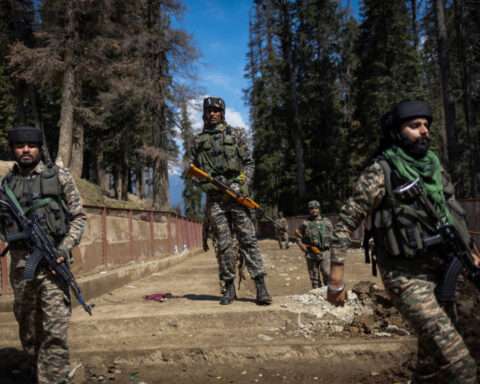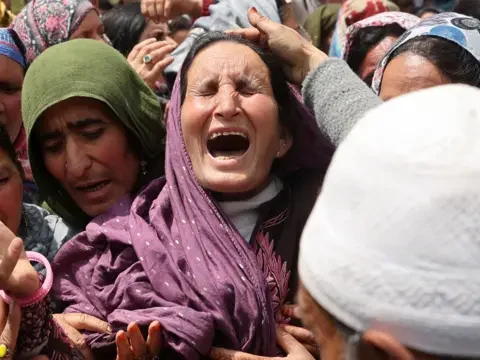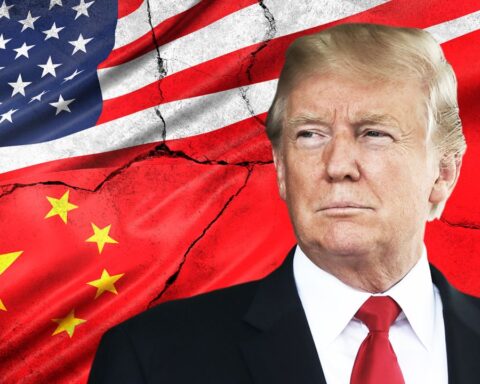NEW DELHI — India hosted senior officials from Afghanistan’s neighboring countries to discuss the regional security implications of the country’s takeover by the Taliban, but New Delhi’s rivals China and Pakistan did not attend the meeting.
China cited “scheduling reasons” for not coming but conveyed that it is open for dialogue with India on Afghanistan multilaterally and bilaterally.
Noting last week that he did not plan to attend the talks, Pakistan’s National Security Adviser Moeed Yusuf said “a spoiler cannot become a peacemaker,” in an apparent reference to India.
Officials from Iran, Russia, Kazakhstan, Kyrgyzstan, Turkmenistan, Tajikistan and Uzbekistan participated in the conference on Wednesday.
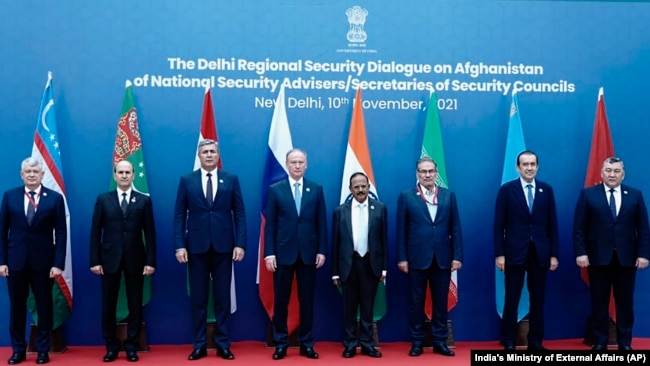
Political analysts say the dialogue aimed at highlighting India’s security interests in Afghanistan, where it has been sidelined since the Taliban takeover even as Pakistan, which has deep ties with the Islamist group, has emerged in a dominant position.
Security concerns arising from the Taliban control of Afghanistan weigh heavily on New Delhi, which wants to build a regional consensus, amid worries Afghanistan will become a haven for militant groups.
A “Delhi declaration” released after the conference underlined the need to ensure that Afghanistan does not become a “safe haven for global terrorism” and called for “collective cooperation against the menace of radicalization, extremism, separatism and drug trafficking in the region.”
It also underlined the need for humanitarian assistance to Afghanistan.
“We all have been keenly watching the developments in that country. These have important implications not only for the people of Afghanistan, but also for its neighbors and the region,” India’s National Security Adviser Ajit Doval said. He emphasized the need for “close consultations” and greater coordination to enhance the region’s collective security.
New Delhi worries that the Taliban victory will embolden anti-India terror groups like Lashkar-e-Taiba and Jaish-e-Mohammad, which have been at the forefront of a three-decade-long separatist insurgency in Indian Kashmir.
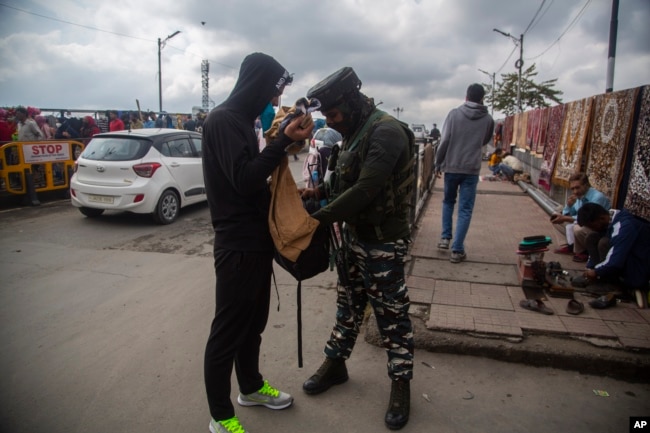
India’s position in Afghanistan, where it invested billions on development projects in a bid to build “soft power,” suffered a huge blow with the withdrawal of the U.S. troops. New Delhi has no diplomatic presence in the country although it held its first official meeting with a Taliban representative in Qatar on August 31.
Officials in India’s Foreign Ministry told media that Pakistan’s refusal to attend the meet was “unfortunate but not surprising” and “reflects its [Islamabad’s] mindset of viewing Afghanistan as its protectorate.”
New Delhi’s meeting came a day before Pakistan is scheduled to host talks on Afghanistan that are to be attended by the United States, China and Russia.
According to Reuters, a Taliban spokesman in Kabul, Zabihullah Mujahid, has expressed optimism about the series of meetings in Moscow, Tehran, New Delhi and Islamabad.
“We are optimistic because the whole region needs stability and security in Afghanistan … the meetings that are going to happen pave the way to understanding, and they are hopefully in the benefit of Afghanistan,” Mujahid said.
Pakistan will host the United States, China and Russia this week for talks on Afghanistan under what is known as the “troika plus” process.
Officials in Islamabad confirmed to VOA that Amir Khan Muttaqi, the foreign minister of the Afghan Taliban, also has been invited to the meeting, scheduled for Thursday, describing his participation as an “important” development.
Newly-appointed U.S. Special Representative for Afghanistan Thomas West and his Russian, Chinese and Pakistani counterparts will lead their respective delegations at the talks.



